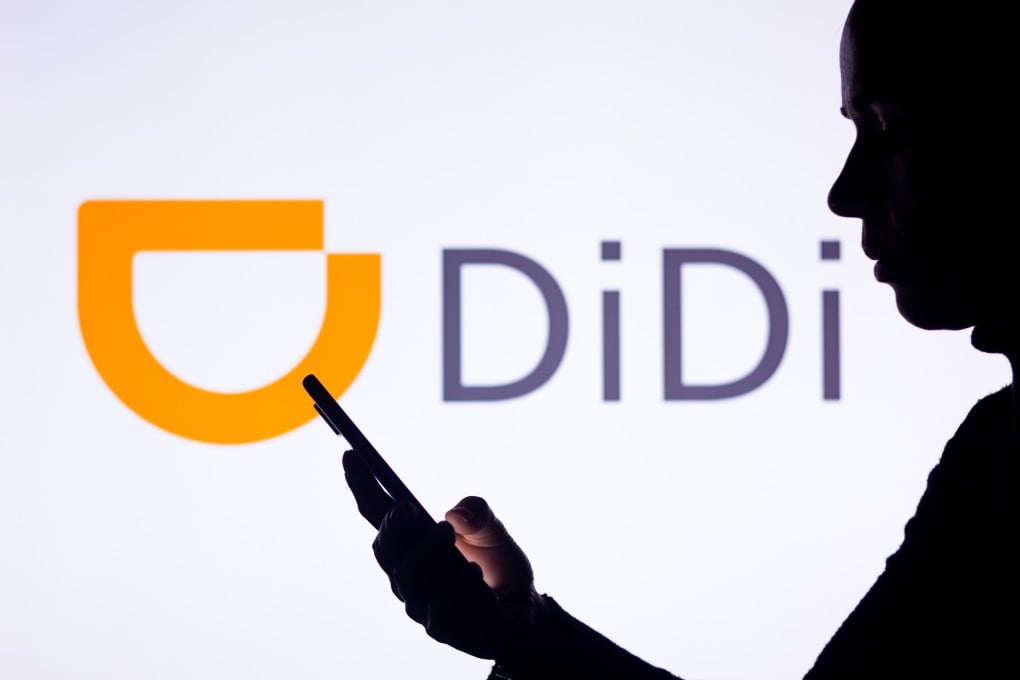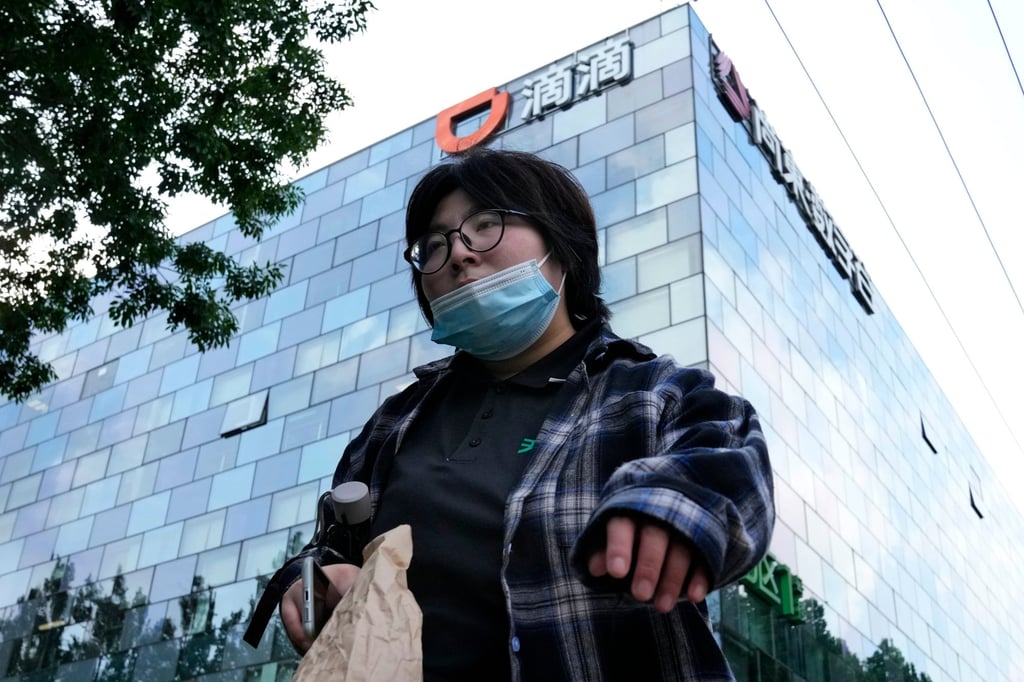Exclusive | Chinese ride-hailing giant Didi Chuxing said to start new round of lay-offs affecting hundreds of jobs ahead of Lunar New Year holiday
- Didi is expected to slash jobs at nearly every department, including its ride hailing, overseas business and risk management operations
- This followed lay-offs that the Beijing-based company conducted in February last year

The job cuts will cover nearly every department in Beijing-based Didi, including its ride hailing, overseas business and risk management operations. Compensation for the dismissed employees will be calculated based on the number of years of service, according to the people, who said each terminated worker will also receive a month’s salary as part of their release.
The lay-offs followed Didi’s decision last month to trim this year’s budget for many of its departments, one of the people said. Didi’s action has raised some complaints because of the timing, according to one other source, who said employees typically receive their annual bonuses in February.
Didi declined to comment on Thursday.

Chinese tech firms rarely admit to axing jobs because lay-offs involving more than 20 employees require intervention from labour authorities under local law. Still, many companies have been conducting so-called business optimisation in stages since 2021 to slash costs.